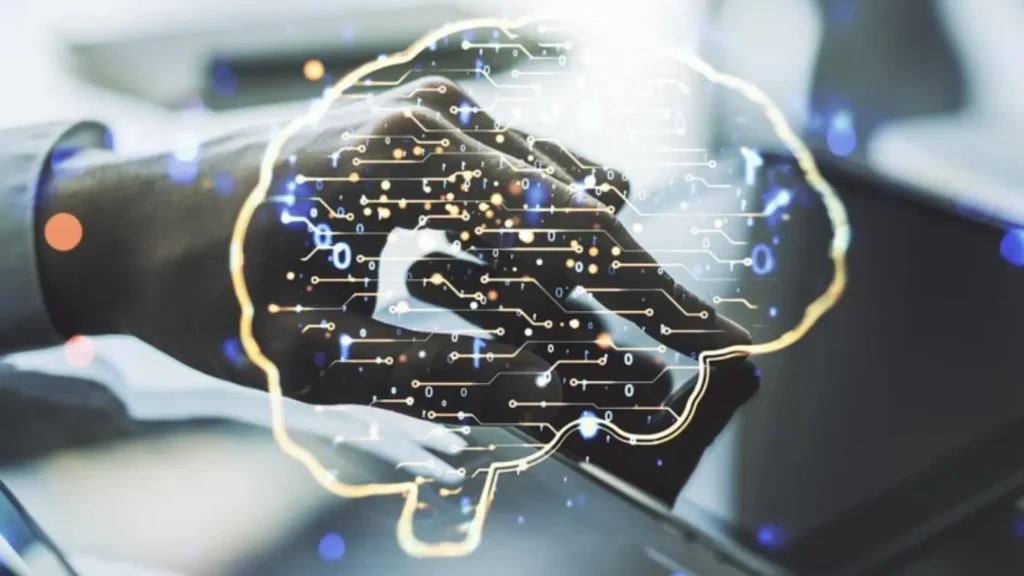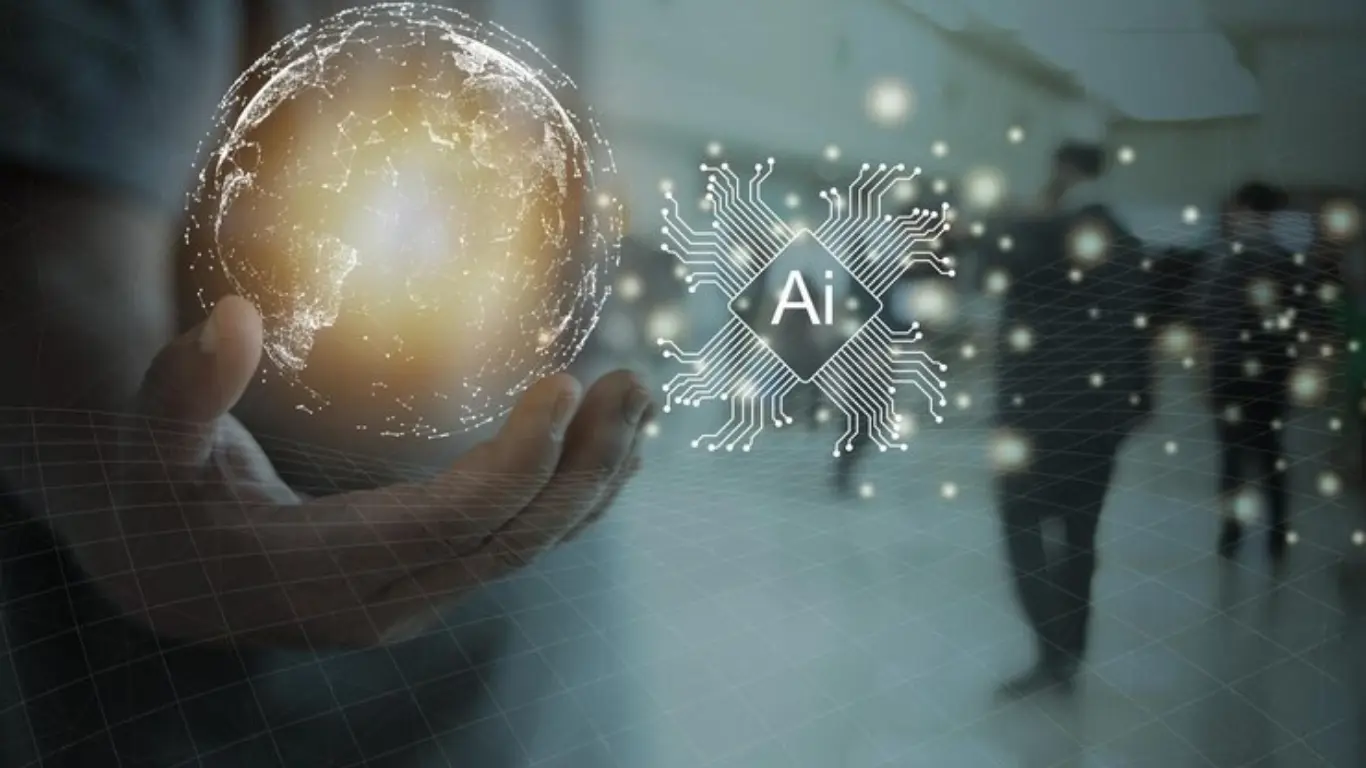Artificial Intelligence (AI) has become one of the most transformative forces of our time, with the potential to reshape industries, economies, and even our daily lives. As we look to the future of AI, understanding the emerging AI technologies that are set to define the next decade is crucial. These technologies are paving the way for advancements that will influence everything from creative processes to decision-making in various sectors. In this article, at Turing Factory explores the most promising AI trends, the technologies behind them, and their potential impact on the future.
Top Emerging AI Technologies
Generative AI: The Rise of Creativity Machines
Generative AI is a rapidly growing field that includes models capable of creating new, original content based on learned patterns from data. This includes generating text, images, videos, and even music. Generative AI models, like OpenAI’s GPT-3 and DALL-E, have already demonstrated how artificial intelligence can be used to produce high-quality content that mimics human creativity.
Generative AI has applications across industries such as media, entertainment, gaming, and marketing. With its ability to create content at scale, it’s revolutionizing how businesses approach content creation, providing endless possibilities for generating personalized experiences.

Autonomous Systems (Agentic AI)
Autonomous systems, or Agentic AI, refer to AI systems capable of making decisions and performing tasks without human intervention. These systems are already being integrated into automated vehicles, smart manufacturing, and robotics. By utilizing reinforcement learning and deep reinforcement learning algorithms, these AI systems can adapt to changing environments and optimize their actions in real-time.
In the future, autonomous systems will become even more prevalent, especially in industries like logistics, healthcare, and customer service, where decision-making processes require real-time adaptability and high-level reasoning.
Quantum Computing and AI: Uniting Two Revolutionary Technologies
Quantum computing is still in its early stages, but it holds the promise of transforming AI capabilities by providing unprecedented computational power. Quantum computers can process complex problems that classical computers struggle with, such as large-scale simulations and optimization problems.
When integrated with AI, quantum computing can revolutionize fields like drug discovery, cybersecurity, financial modeling, and climate research. Quantum AI could eventually help scientists solve previously unsolvable problems by providing more accurate and faster data analysis capabilities.
Edge AI: Bringing Intelligence to the Edge
Edge AI refers to processing data locally on devices rather than relying on centralized cloud servers. This reduces latency, improves speed, and minimizes the amount of data sent back and forth. With the proliferation of IoT devices, Edge AI is becoming increasingly important in applications like autonomous vehicles, smart cities, and wearable devices.
Edge AI offers significant advantages in real-time applications, where quick decision-making is critical. For example, in autonomous driving, Edge AI enables vehicles to process data from their surroundings and make decisions within milliseconds.
5. Neuromorphic Computing: AI That Thinks Like the Human Brain
Neuromorphic computing is a field that attempts to design AI systems inspired by the structure and functioning of the human brain. These systems use specialized hardware and algorithms to mimic the brain’s neural networks, improving energy efficiency and processing power.
Neuromorphic systems are poised to make significant strides in areas such as robotics, autonomous systems, and natural language understanding, where human-like processing capabilities are essential.

AI Applications Across Industries
Healthcare: Transforming Medical Diagnostics and Personalized Care
AI is already making a profound impact on the healthcare sector. From predictive analytics that identify patient risks to AI-driven diagnostics that analyze medical images with incredible accuracy, artificial intelligence is changing the way healthcare professionals work.
AI is also enabling personalized medicine, where algorithms analyze genetic data and medical history to recommend tailored treatments for individual patients. This will result in faster diagnoses, improved outcomes, and reduced costs in the long term.
Finance: Revolutionizing Trading, Fraud Detection, and Customer Service
In the finance industry, AI is playing a pivotal role in optimizing trading strategies, detecting fraud, and improving customer service. AI algorithms are being used to identify patterns in financial data, enabling investors to make smarter, faster decisions. In banking, AI-powered chatbots handle customer inquiries, improving service efficiency and satisfaction.
Moreover, AI in fintech is driving the development of predictive financial models, allowing businesses to better assess market conditions and manage risk.
Manufacturing: Enhancing Production Efficiency and Reducing Downtime
AI is increasingly used in smart factories to streamline production processes. Predictive maintenance powered by machine learning models helps prevent equipment failure by predicting when maintenance is required. Additionally, AI is optimizing supply chain management and quality control, reducing production costs and improving product consistency.
Education: Personalizing Learning Experiences
AI in education is transforming traditional learning models. Intelligent tutoring systems provide personalized learning experiences by adapting content based on individual students’ needs. AI is also enabling automated grading systems, allowing teachers to focus more on interactive learning and student engagement.
Ethical Considerations in AI Development
As AI technologies advance, they bring about new ethical challenges. Issues like data privacy, algorithmic bias, and job displacement need to be addressed carefully. Ensuring that AI systems are transparent, fair, and ethical is critical to gaining public trust and ensuring that AI benefits society as a whole.
Addressing Algorithmic Bias
One major concern in AI development is the potential for algorithmic bias. If AI systems are trained on biased data, they may produce discriminatory outcomes. For example, biased AI algorithms in hiring or lending could reinforce social inequalities. To mitigate this, researchers and developers are working on creating more diverse datasets and designing algorithms that are more transparent and interpretable.
Job Displacement and the Future of Work
AI’s automation capabilities pose a threat to certain job sectors, especially in manufacturing and customer service. While AI will create new opportunities in fields like data science and AI engineering, it’s essential to prepare the workforce for these shifts through retraining programs and reskilling initiatives.
The future of AI is both exciting and complex. Emerging technologies such as Generative AI, Quantum Computing, and Edge AI are poised to reshape industries and provide new opportunities for innovation. As we move forward, it’s crucial to embrace these advancements while addressing the ethical, social, and economic implications of AI.
Conclusion: The Future of AI is Limitless
By understanding and preparing for these emerging trends, we can ensure that AI’s evolution benefits everyonecreating smarter, more efficient, and more inclusive systems across the globe.
